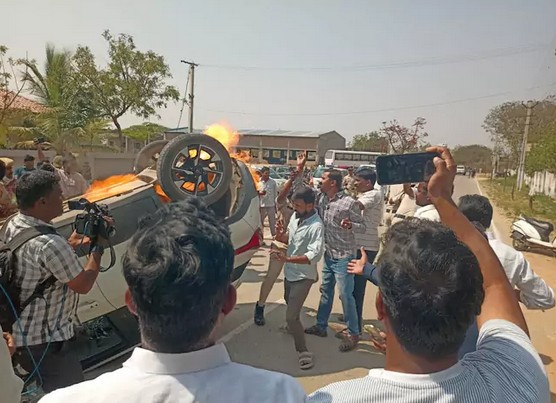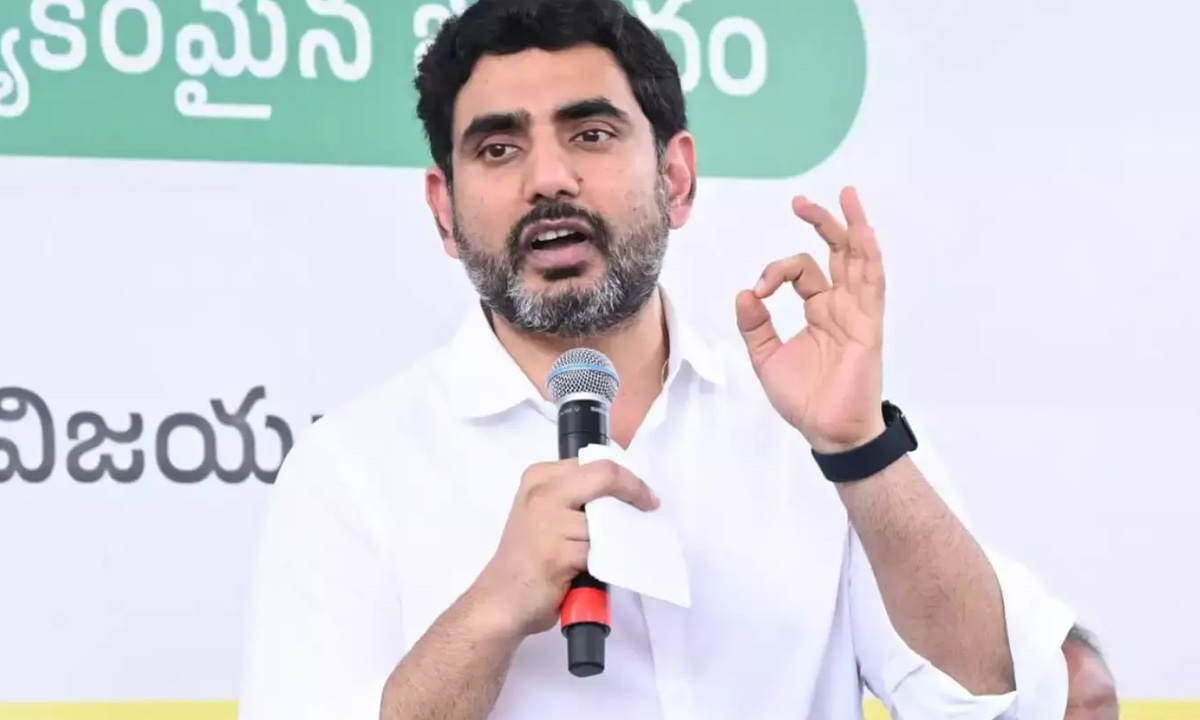Chief Minister Chandrababu Naidu has decided to bring all the universities under one law to provide better education and employment opportunities to the students. For this, efforts are being made to bring the universities with different laws under one law through a legislation.
The Board of Governors will replace existing governing bodies of the universities and propose to involve the industrialists in the managing affairs of the universities. The government is taking this policy with the intention of making changes and additions in the courses of the universities as per the needs of the industries and improving the employment opportunities.
The government will amend the Universities Act for this purpose. There are 20 universities under the Higher Education Department and they have different laws. The government has assigned the responsibility of amending the law to combine all these into a single law to the Council of Higher Education. A new law has been ordered to be drafted by December.
Presently, RGUKT, Padmavati Woman, Dravida, JNTU and Urdu universities have different laws. A law is in force for the rest of the regular universities. If these are brought under the ambit of a single law, it will be considered as the law of AP Universities.
Rajiv Gandhi University of Science and Technology was established for TripleITs (IIIT). There is a special law for this. The governor is the chancellor of all the universities, but the chancellor of this university is appointed by the government. During the YSRCP regime, this law was amended to make the Chief Minister as the Chancellor.
Although the Governor approved the amendment, the Gazette notification was not issued. Now there is a possibility of amending the law so that the Governor will be the chancellor of the Rajiv Gandhi University of Science and Technology.
The government intends to completely change the Higher Education Regulatory and Monitoring Commission Act. According to the Supreme Court’s judgment, the Admissions and Fees Control Commission (AFRC) was formed earlier. During the previous YSRCP regime, it was converted into a commission and entrusted with the supervision of colleges.
While AFRC has to decide the fees for technical and professional courses, now the commission is also deciding the fees of degree colleges. While the monitoring of educational institutions is being done by universities and higher education councils, the commission is also doing the same work. Realizing that there is no coordination between these, the coalition government has decided to amend the law.










